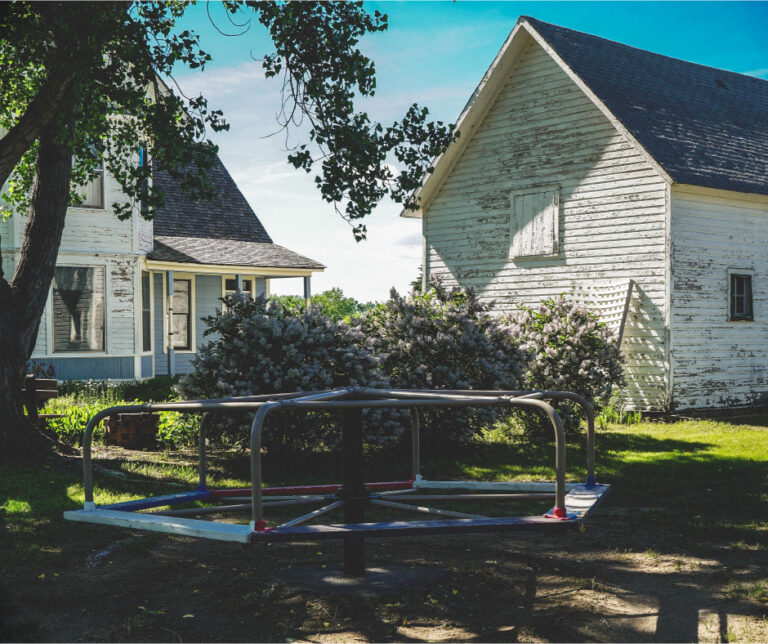Who Is Responsible For The Mortgage After The Borrower Dies
This guide covers who is responsible for the mortgage after the borrower dies. A mortgage is a long-term debt that usually takes decades to pay off. But what happens when the borrower, or the mortgagee, dies before the loan is not fully repaid? Does the mortgage loan die when the borrower dies or passes on to heirs of the estate?
What are the options for the surviving family members who inherit the property and the mortgage?
Let’s answer these questions and explain the legal and financial implications of having a mortgage when someone dies. We will also provide tips on preparing for this situation and protecting your loved ones from losing their home.
Who Is Responsible for The Mortgage After The Borrower Dies?
When someone dies with a mortgage, the debt does not automatically disappear. The mortgage is a lien on the property that survives the borrower’s death. The lender still has the right to collect the debt from whoever owns or inherits the property. The responsibility for paying off the mortgage depends on several factors, such as the type of ownership of the property. The type of mortgage and its terms. The state laws and probate process. The wishes of the deceased borrower. The financial situation of the heirs or estate
How Do Different Situations Affect the Mortgage After The Borrower Dies
Here are some common scenarios and how they affect the mortgage obligation: The property is owned jointly with a co-borrower or co-signer. If the deceased borrower had a co-borrower or co-signer on the mortgage, such as a spouse, a partner, a relative, or a friend, then they are equally liable for the debt and must continue making payments. They also have the right to keep living in or selling the property unless other legal issues are involved.
The Property is Owned jointly With a Co-owner Who Is Not On The Mortgage
If the deceased borrower had a co-owner who did not sign the mortgage, such as a spouse who acquired ownership through marriage, they are not liable for the debt but may inherit it along with the property. They have several options. They can assume the mortgage and take over payments. They can refinance the mortgage and get a new loan. They can sell the property and use the amount to pay off the mortgage. They can let the lender foreclose on the property and walk away from the debt.
The Deceased Borrower Is The Sole Owner of The Property.
If the deceased borrower was the sole owner and borrower of the property, then the estate becomes responsible for paying off the mortgage. The estate executor must notify the lender of their death and work with them to determine the next steps. The estate may use its assets to pay off or continue paying the mortgage or transfer or sell the property to an heir or a third party. If there are not enough assets in the estate to cover the debt, or if no one wants to take over the property, the lender may foreclose on it and sell it to recover their money.
What Are Some Legal Protections for Heirs Who Inherit a Mortgage?
If you inherit a property with a mortgage from someone who died, you may be worried about losing your home or being burdened with debt. However, some legal protections can help you keep or dispose of your inherited property without facing foreclosure or liability.
The Garn-St. Germain Depository Institutions Act
This federal law prohibits lenders from enforcing a due-on-sale clause when a property is transferred to an heir upon death. A due-on-sale clause is a provision in some mortgages that allows lenders to demand immediate payment of the entire loan balance if the property is sold or transferred without their consent. This law protects heirs who want to assume or refinance the existing mortgage without having to pay it off in full.
The Consumer Financial Protection Bureau (CFPB) Rules
These rules require lenders to communicate with heirs who inherit a property with a mortgage and inform them of their options and rights. They also prohibit lenders from foreclosing on heirs making timely payments on the inherited mortgage.
The Home Equity Conversion Mortgage (HECM) Program
Homeowners aged 62 or above have the opportunity to acquire a reverse mortgage through this program. This loan option enables them to borrow funds based on the equity of their homes and receive monthly payments or a lump sum. When they die, their heirs can either pay off or refinance the reverse mortgage, sell the property and keep any remaining equity, or let the lender sell it and settle the debt.
Preparing With a Mortgage After The Borrower Dies
Having a mortgage when you die can create complications and stress for your family and heirs. To avoid this, you should plan and take some steps to ensure that your mortgage debt is handled correctly and that your loved ones are protected.
Create a Will or a Trust For The Mortgage After The Borrower Dies
After your passing, a will or trust serves as a legal document outlining your desired distribution of assets and debts. You can name an executor or a trustee to manage your estate and fulfill your wishes. You can also name beneficiaries who will inherit your property and other assets. A will or a trust can help you avoid probate, a court process that can be costly and time-consuming. It can also help you avoid disputes and conflicts among your heirs.
Designate Beneficiaries For The Mortgage After The Borrower Dies
A beneficiary will receive a specific asset or benefit from you upon death. You can designate beneficiaries for your bank accounts, retirement accounts, life insurance policies, and other investments with a payable-on-death or transfer-on-death feature.
Doing this lets you bypass probate and ensure that these assets go directly to your chosen people. A life insurance policy is a contract that pays out money to your beneficiaries when you die.
You can use this money to pay off your mortgage, cover your funeral expenses, or provide financial support to your family. You can choose the amount and type of coverage that suits your needs and budget. A financial planner or an estate attorney can help you create a comprehensive plan for your mortgage and other financial matters when you die.
Hire Financial Planners or Estate Attorneys To Help With The Mortgage After The Borrower Dies
Hire an estate attorney or financial attorneys to pre-plan your will and estate planning. Financial Planners or an Estate Attorney have the expertise to provide guidance regarding optimal strategies and choices, which may include refinancing, prepaying, or transferring your mortgage.
Financial Planners or Estate Attorneys can also help you with your decisions’ legal and tax implications. Having a mortgage when you die is not the end of the world. It is possible to deal with it in a way that minimizes the impact on your family and heirs.
By understanding what happens to your mortgage when you die and preparing for it in advance, you can ensure that your legacy is preserved and that your loved ones are cared for. If you have any questions about the content of this guide, please contact us at Gustan Cho Associates at 800-900-8569 or text us for a faster response. Or email us at alex@gustancho.com. The team at Gustan Cho Associates, Inc. is available seven days a week, evenings, weekends, and holidays.







